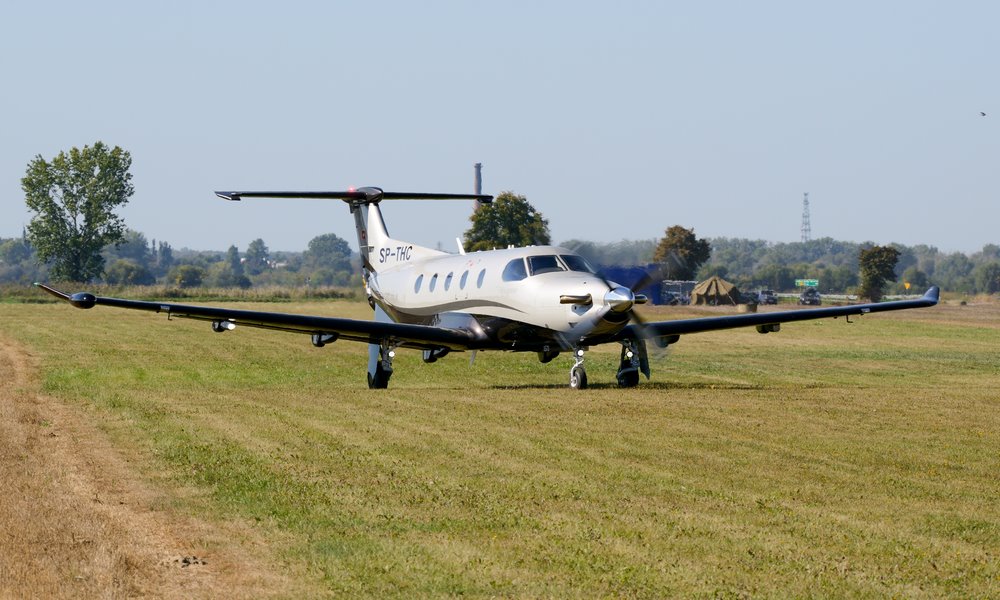Overview
The Pilatus PC-12 is an exceptional choice for flying in Africa due to its unique combination of capabilities that address the continent’s diverse and challenging aviation needs. Here’s why it works so well:
Versatile Landing Capabilities: The PC-12 can operate from short and unpaved airstrips, which is crucial for accessing remote and rugged regions of Africa. This flexibility allows it to reach destinations that larger aircraft might not, making it ideal for safaris and humanitarian missions.
Robust Performance: Known for its durability, the PC-12 is designed to handle harsh environments and extreme conditions. Its rugged construction and reliable engine ensure that it performs well in the varied weather conditions and rough airstrips found across Africa.
High Payload Capacity: The aircraft’s generous cargo space and weight capacity allow it to transport significant amounts of equipment, supplies, or passengers, which is valuable for both commercial operations and aid deliveries in regions with limited infrastructure.
Cost-Effective Operations: The PC-12 is efficient in terms of fuel consumption and maintenance costs, making it a cost-effective option for operating in remote areas where resources might be scarce. Its efficiency helps keep operational costs down while providing reliable service.
Comfort and Safety: Despite its ruggedness, the PC-12 offers a comfortable cabin and advanced avionics, ensuring a safe and pleasant flight experience. This is particularly important for longer journeys across the continent.
Proven Track Record: The PC-12 has a strong track record of success in various regions across Africa, from supporting wildlife conservation efforts to providing medical evacuations. Its proven reliability builds trust among operators and passengers alike.
In summary, the Pilatus PC-12’s versatility, durability, and efficiency make it an excellent choice for the diverse and often challenging aviation needs in Africa.

